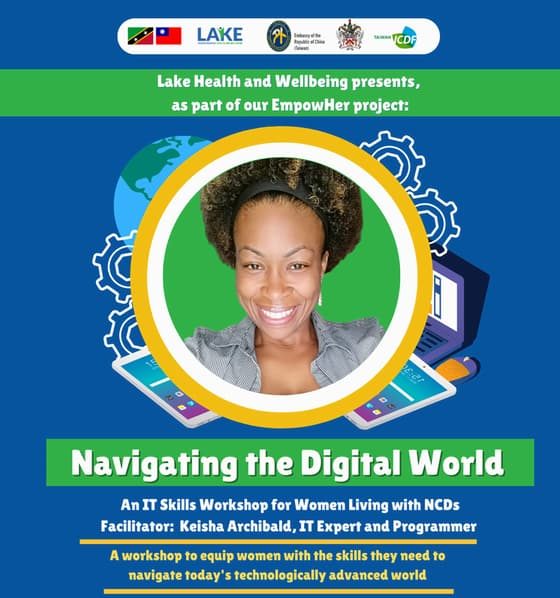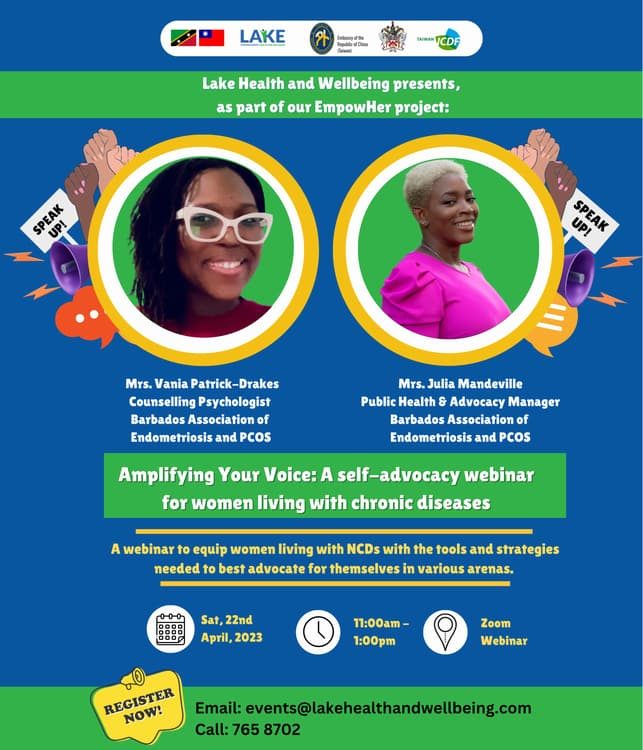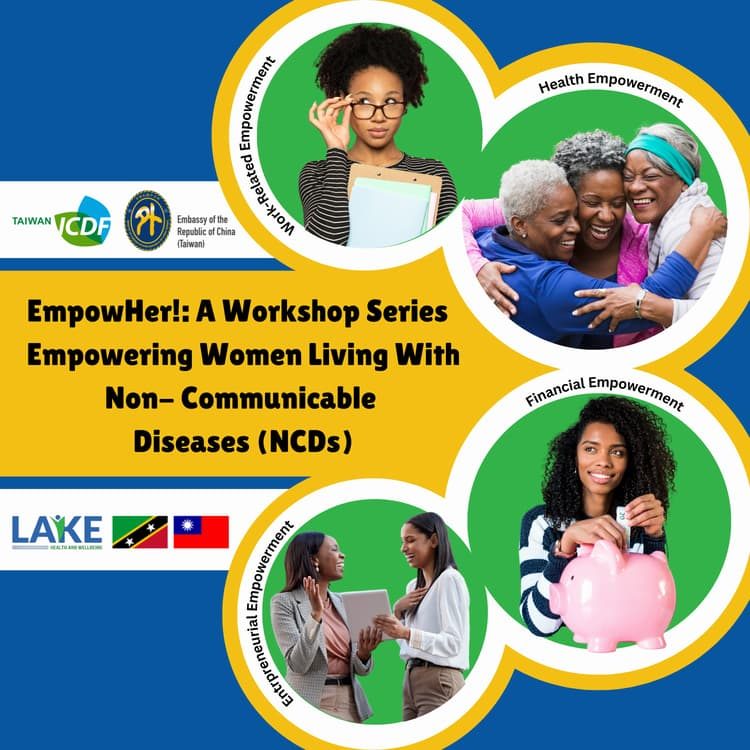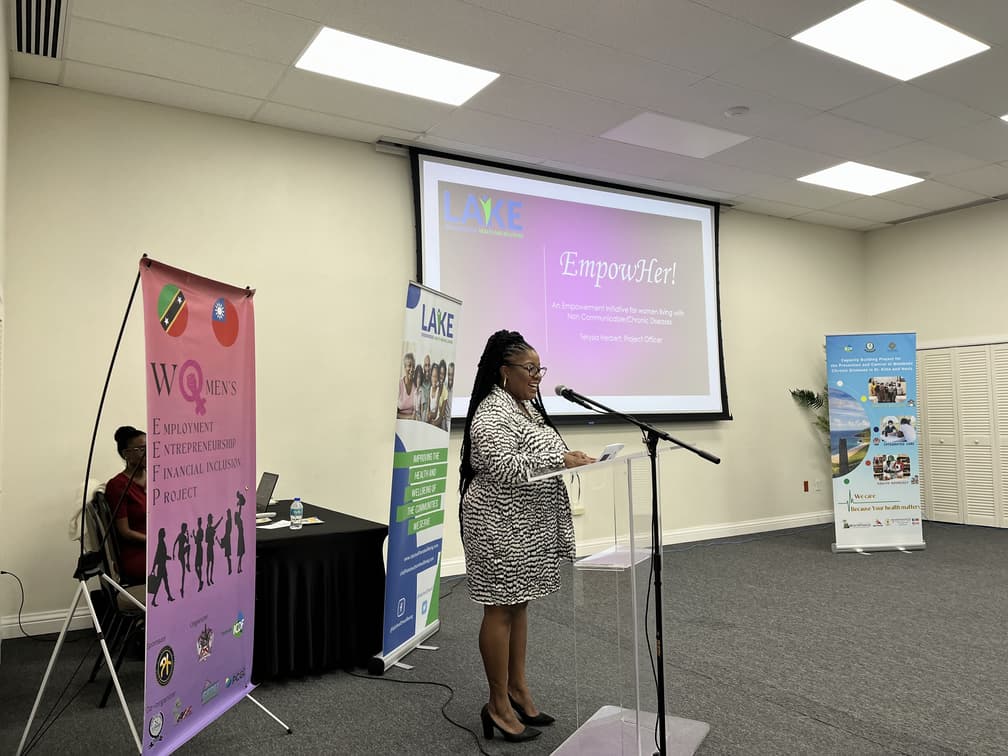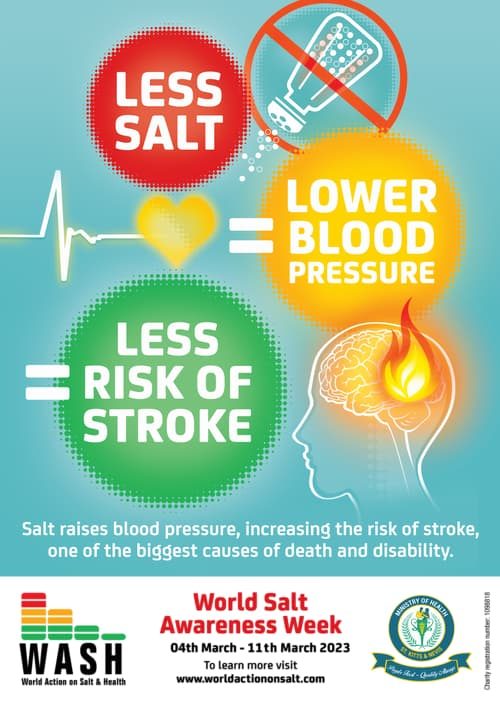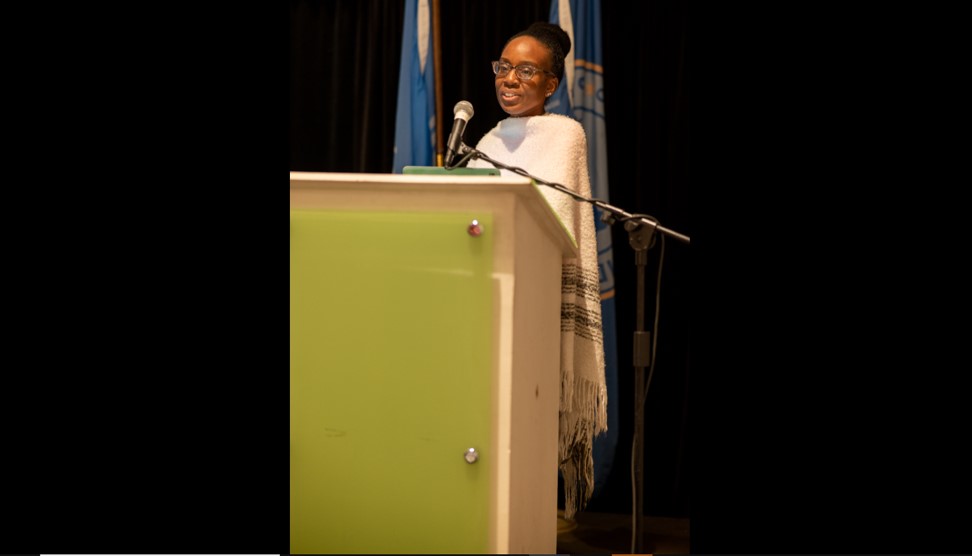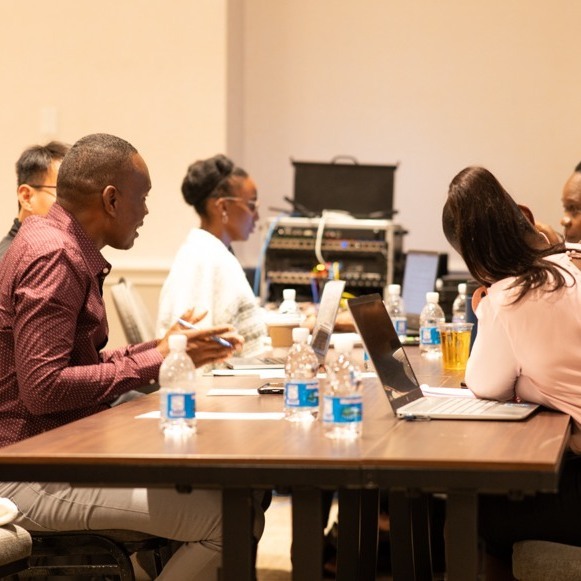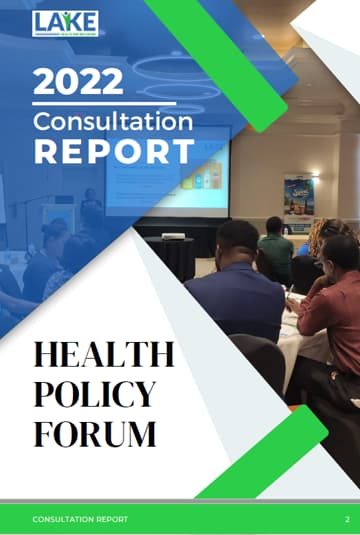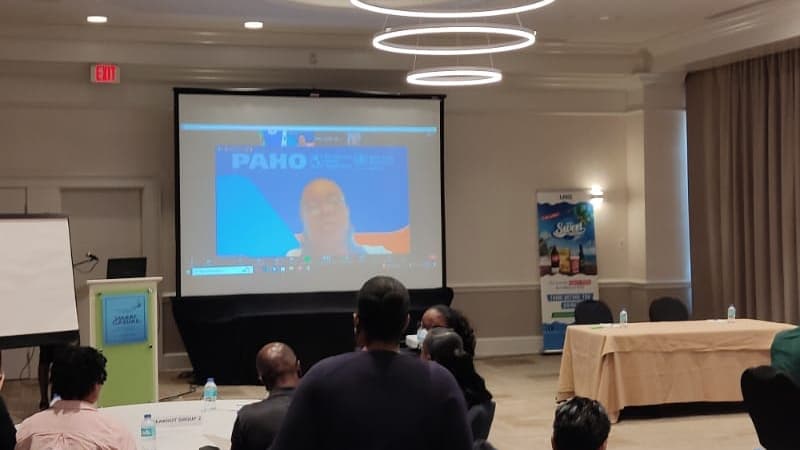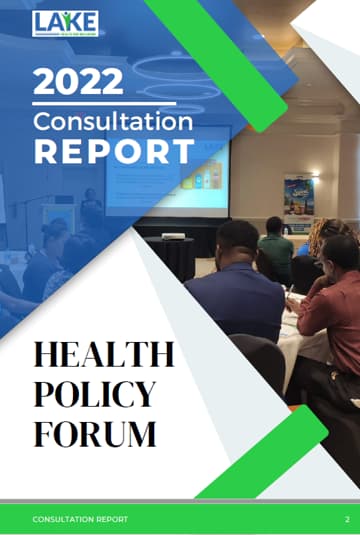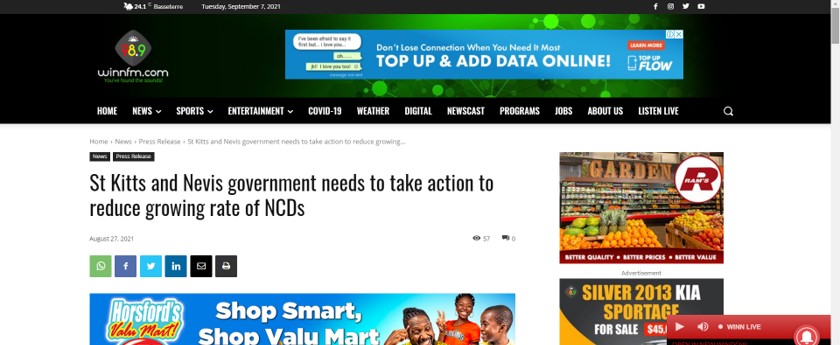PowerPoint and Digital Marketing
On April 28th, 2023, the EmpowHer project held a successful workshop focused on PowerPoint and Digital Marketing for women living with chronic health conditions. The workshop was the third in a series of IT workshops facilitated by Keisha Archibald, the Business Development Manager at EZone. The session was split into two parts: one hour on PowerPoint led by Ms Archibald and one hour on Digital Marketing which was led by guest speaker Ms Kelly Louisy.
The topics for this workshop were selected based on feedback received from women who attended our previous IT workshops and confirmed the information that we had gathered on the need to empower women living with NCDs with practical skills to enable them to thrive in this new digital era.
The ability to use PowerPoint is important as it equips individuals them with an additional skill for job success, specifically confidence and creativity when it comes to public speaking. Whilst Digital Marketing is essential in helping expand a person’s reach, creating a personal brand, and thus generating income. Together, these skills work hand in hand to help women build their public persona which can thus improve their job prospects as well as lead to business success. This can then put them in a position to better manage their chronic illness and thus live full, successful lives.
We were therefore, delighted that all attendees were highly satisfied with this workshop describing the session as “great” and “really good.” Furthermore, participants reported that they are highly likely to use what they had learnt during the session and that they felt more confident using PowerPoint and about digital marketing.
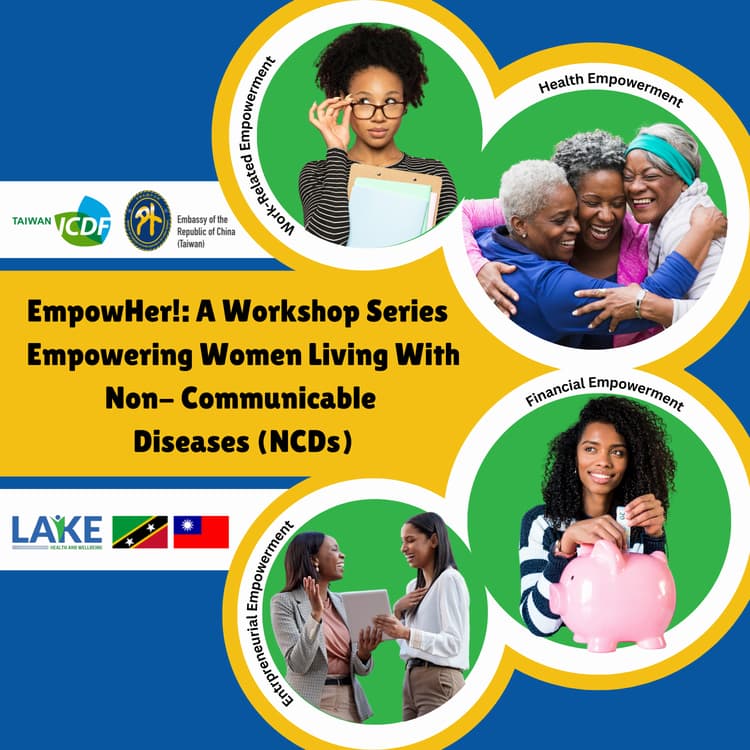
In conclusion, the EmpowHer workshop on PowerPoint and Digital Marketing was a success, and the positive feedback from the participants shows that it was highly useful for their personal and professional development. The EmpowHer project is committed to continuing to empower women with the skills they need to succeed, and we look forward to organising more workshops in the future.
We are very grateful to Ms Archibald and Ms Louisy for their valuable contributions to this workshop.







